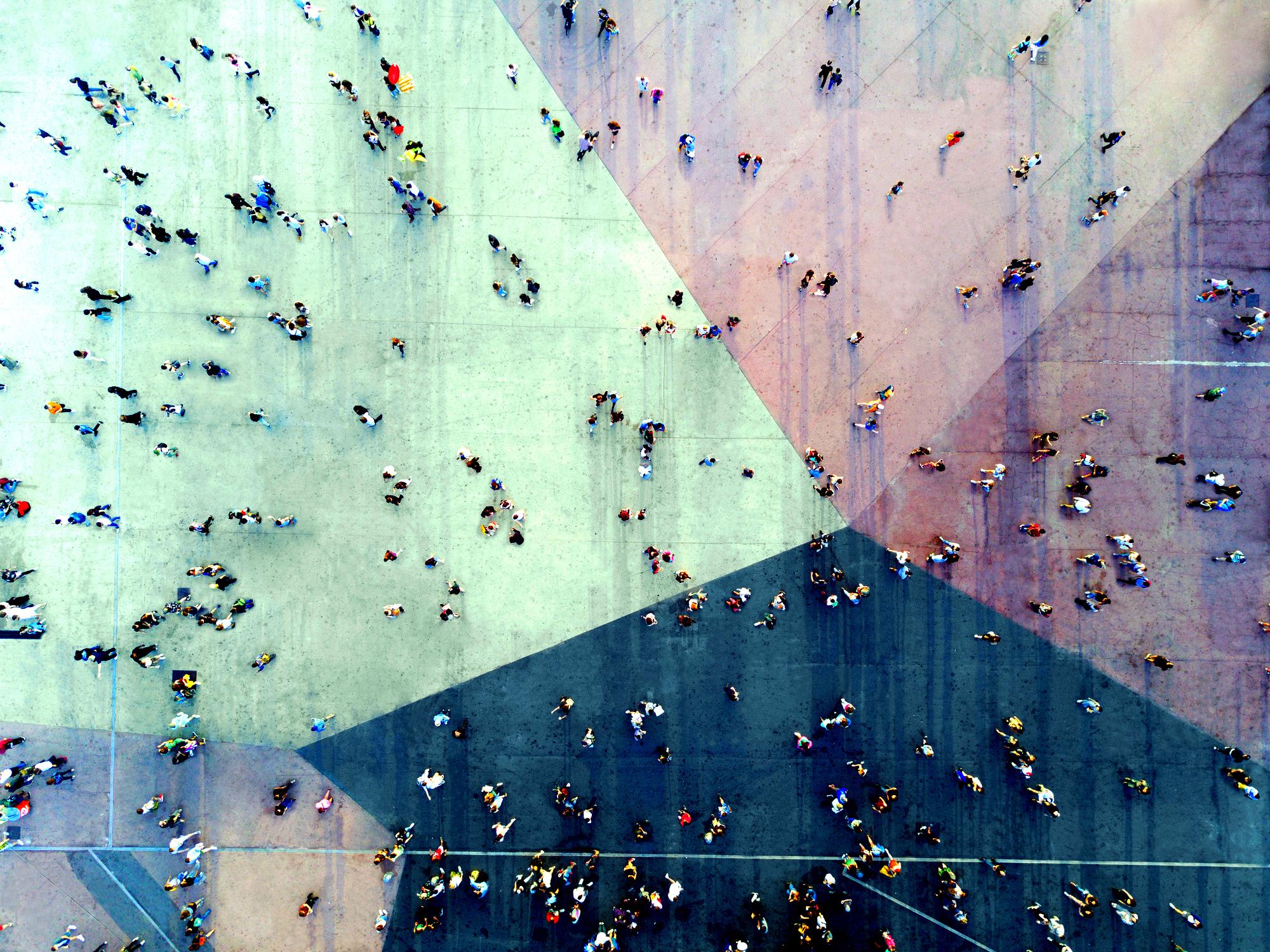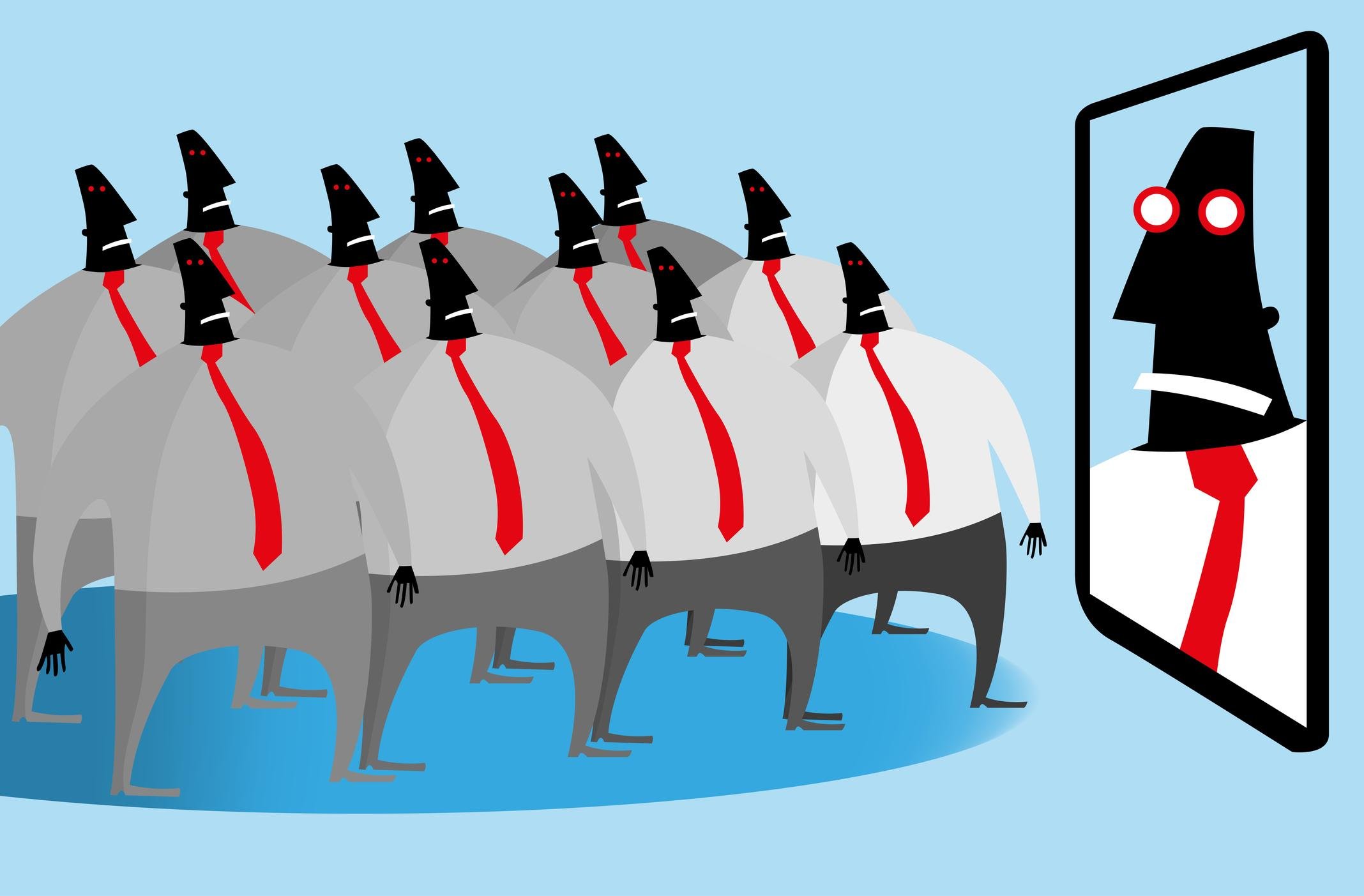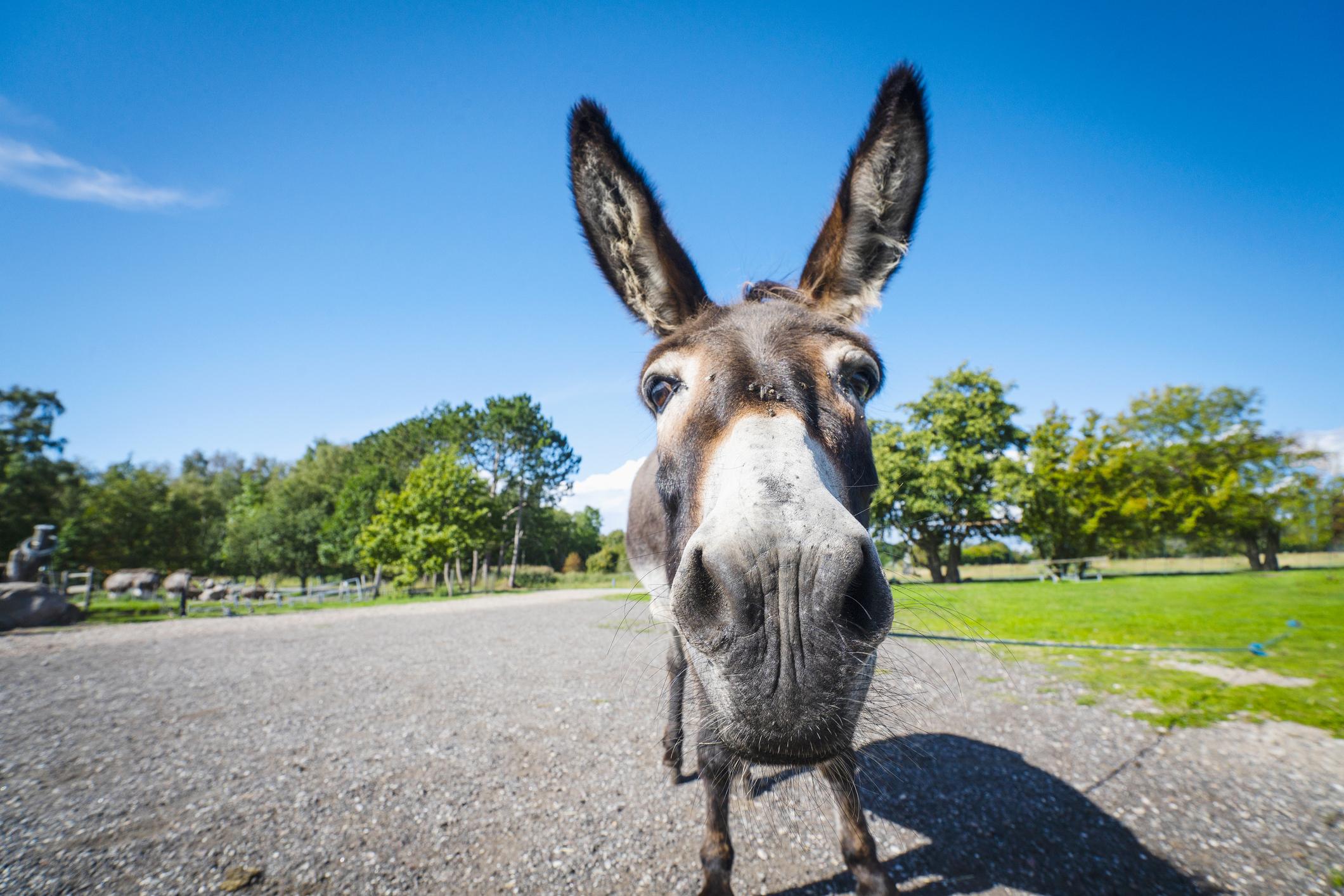
In the 1932 film Horse Feathers, comedian Groucho Marx sings a catchy tune whose lyrics surprisingly capture the spirit of our times:
I don't know what they have to say
It makes no difference anyway
Whatever it is, I'm against it
No matter what it is or who commenced it
I'm against it
Living in the centre of Paris, I just have to go around the corner on Saturdays to encounter the “gilets jaunes” or Yellow Vest protesters to witness this attitude personified. Their behaviour makes me wonder whether some people only feel alive when they are against something.
To be sure, a number of changes are overdue throughout the world. Many societies have become starkly divided into the ‘haves’ and the ‘have-nots’. It is also true that the hallmarks of middle-class life – a steady job, a paycheque adequate to support a family, the prospect of a pension – have largely disappeared. Finance capitalism has created immense fortunes without even pretending to distribute the benefits equitably.
But the defiant behaviour I see any given Saturday reminds me of the theory of human development set forth by the renowned psychologist Erik Erikson. In the second stage of life, toddlers experience conflict around issues of control that originate from basic bodily functions. Most children find ways to resolve this conflict and move on. But some are not so fortunate.
In extreme cases, youngsters may suffer from Oppositional Defiant Disorder (ODD), a disruptive behavioural pattern described in the Diagnostic and Statistical Manual of Mental Disorders. Children with ODD display a durable pattern of argumentative, rebellious behaviour, as well as anger towards authority figures. The question becomes whether under certain conditions this pattern can manifest itself among adults, especially during periods of high stress and uncertainty.
To find out if you are exhibiting signs of ODD, answer the following questions:
- Do you have difficulties dealing with authority figures?
- Do you need to win every argument you get yourself into?
- Do you always question the rules or systematically refuse to follow them?
- When a person crosses you, do you feel revenge is the only answer?
- Do you deliberately try to annoy others sometimes?
- Do small things easily set you off?
- Do you tend to blame others for your mistakes?
- Do you often say nasty things when you are upset?
If your answers to most of these questions are affirmative, you may very well be singing the song in Horse Feathers.
All of us have multi-faceted identities that contain positive and negative aspects. Our circumstances often determine which aspects will manifest themselves. Will we have a constructive or destructive outlook? Will we try to make things better or will we simply be against everything?
Populist movements
Most of the world’s populist movements are characterised by being against something, whatever it is. They challenge the existing values of society, rather than proposing a positive alternative identity – the kind that would enable us as a community to move forward with purpose and direction.
This stubborn defiance is attractive to the vulnerable and disempowered, who believe that socio-economic and political forces are stacked against them. Many people are angry by the concentration of wealth in the hands of the 1%. Middle-class parents worry about the upward mobility of their children. Their fears are compounded by the pace of technological advances which threaten many jobs.
In addition to these concerns, demographic changes in the form of migration have led to a surge in identity politics. Anxiety is also fuelled by terrorist organisations such as al-Qaeda and ISIS. And, of course, the mother of all fears is the potential destruction of our planet through climate crisis.
These various forces create a sense of helplessness and vulnerability. Citizens feel betrayed by the traditional institutions that used to provide a safety net. Consequently, many people no longer believe in the fairness and legitimacy of existing social systems. Demagogues under the guise of leadership make hay out of this discontentment.
However, these leaders’ sirens songs provide only a temporary outlet. In the long run, their slogans deepen instability. Furthermore, extremist worldviews push the atrocities of fascism, nazism, communism, totalitarianism and genocide out of our collective memory.
In the United States, President Donald Trump, a master of hyperbole, hysteria, slander and destructive partisan polarisation, is the epitome of “whatever it is, I’m against it”. His behaviour has a ripple effect, emboldening other demagogues in leadership around the globe, notably in Russia, the Philippines, Brazil, Hungary, China, Turkey, Saudi Arabia and North Korea.
In the United Kingdom, Brexit has been animated by opposition to the European Union, rather than any clear alternative to membership in it. France’s Yellow Vests have agreed only on their distrust of institutions. Their tear-it-all-down philosophy has left them with very little to show for it, despite their impressive power to mobilise.
Moving forward
What can we do to prevent the regressive feelings reminiscent of ODD from going mainstream? How can we prevent the shadow side of our identity from coming to the fore?
At the individual level, we need to maintain a stable positive identity, even under great stress. The ability to fight feelings of helplessness very much depends on how well we retain a hopeful, optimistic outlook to life. Only such an outlook will give us the courage to imagine that we can make a difference, whatever the circumstances.
At the societal level, we all need to make an effort to identify and reject language that results in self-limiting and destructive behaviour. We need to support movements that have constructive, workable suggestions. We must foster communities actively seeking to fix today’s inequalities through positive action.
Our biggest challenge will be to create societies governed by shared responsibility and reciprocity, so that people can feel secure in their communities. This will require rebuilding trust through collective, cooperative action. This implies living in a world less dominated by materialism and selfishness; a world that goes beyond the special interests of the few; a world where it is common sense to be concerned about the whole community. As the US President Woodrow Wilson poignantly said: “To work for the common good is the greatest creed.”
Manfred F. R. Kets de Vries is the Distinguished Clinical Professor of Leadership Development & Organisational Change at INSEAD and the Raoul de Vitry d'Avaucourt Chaired Professor of Leadership Development, Emeritus. He is the founder of INSEAD's Global Leadership Centre and the Programme Director of The Challenge of Leadership, one of INSEAD’s top Executive Education programmes.
Professor Kets de Vries's most recent books are: Down the Rabbit Hole of Leadership: Leadership Pathology of Everyday Life; You Will Meet a Tall, Dark Stranger: Executive Coaching Challenges; Telling Fairy Tales in the Boardroom: How to Make Sure Your Organisation Lives Happily Ever After; and Riding the Leadership Rollercoaster: An Observer’s Guide.
Found this article useful? Subscribe to our weekly newsletter.
-
View Comments
(1)
-
Leave a Comment





Anonymous User
09/08/2019, 08.30 am
Yes yes--agreed with what you wrote. BUT we need acknowledge--and there are plenty of examples--that when sizeable groups within society (subcultures; ethnic, religious, linguistic, political minorities....) reach a collective "end of the rope" with the powers that be, i.e. a collective conviction that under the current regime neither their children nor grandchildren can expect improvement, many see nothing lost by resorting to subversive and violent alternatives.